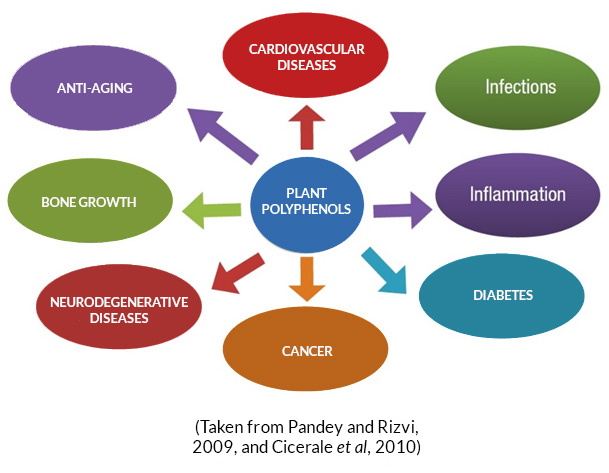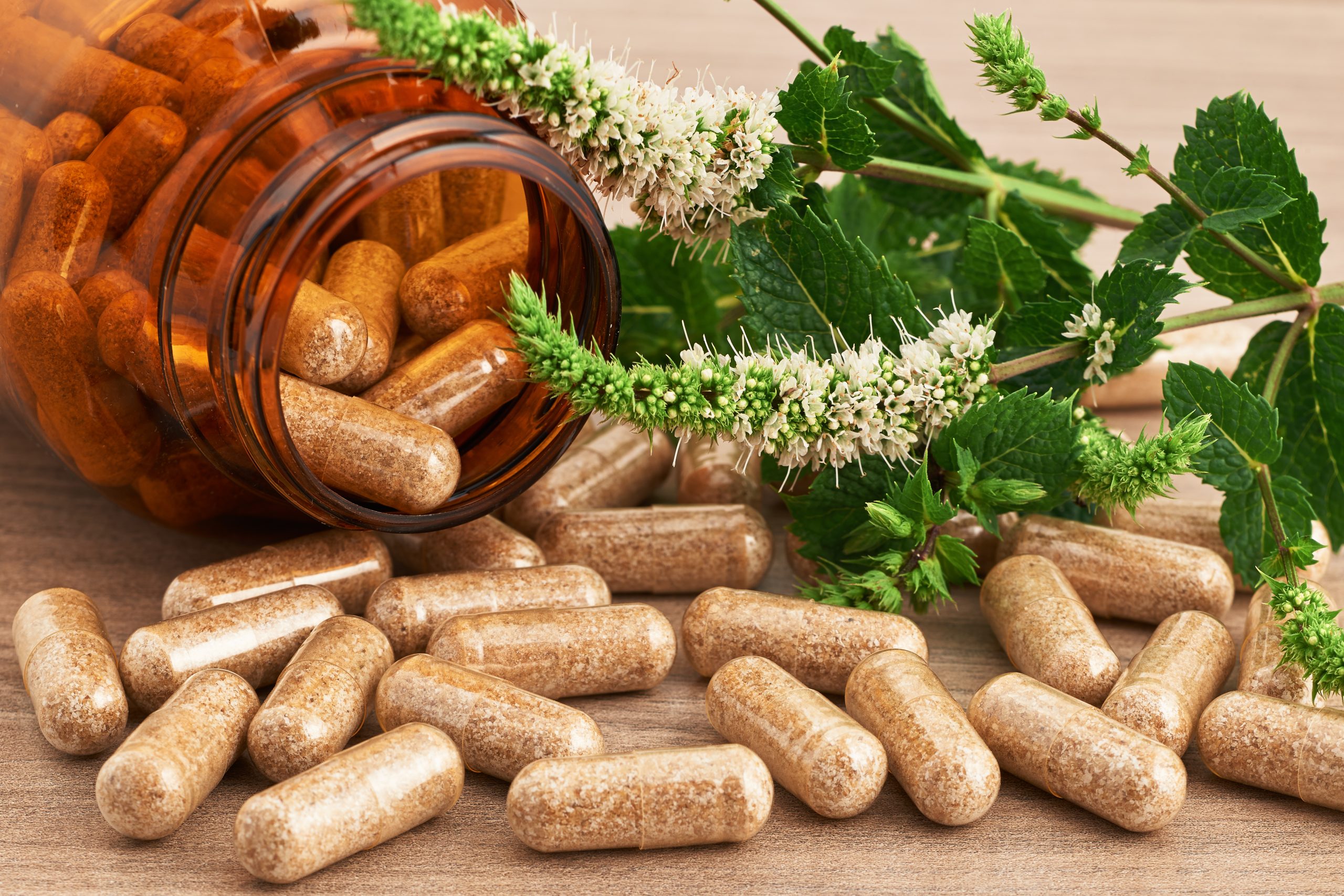Many people give their opinion, very few really know about it. Who to believe? There are several aspects to consider, but above all you have to talk about the underlying science. Is it enough to eat well and be active in order to be healthy until the end of our days? What to think of the health benefits of plants that we do not eat? I’ll give you my opinion, the opinion of a researcher.
I am a researcher in the field of aging and we are identifying new modulators of primary aging from natural molecules that are found in certain plants (https://esimard.com/en/research/). I have been in the natural products business for over 25 years. I have developed several research programs, including more than a dozen collaborations with Canadian universities. I was the chairman of the Advisory Committee of the Natural Science and Engineering Research Council of Canada, of the Quebec office for more than 10 years. I was involved in carrying out large-scale clinical studies, with the implementation of Canadian regulations, in the training of health professionals (doctors, pharmacists, nutritionists) and even, in the development of new technologies for factory production. In short, I touched on all aspects.
Plant molecules and human health
Above all, what I’m going to talk to you about is the impact of plant molecules on human health. The majority of natural products are derived from plant extracts. The most important phytonutrients in human health are vitamins and polyphenols. In most cases, the use of vitamins is limited to supplementing or avoiding deficiencies. Deficiencies can be caused by a poor diet, but also by taking certain medications (for example, metformin reduces the digestive absorption of vitamin B12).
I’ll talk more specifically about polyphenols because it’s from this group of molecules that the most important health benefits of natural products come from.
 Plant polyphenols are natural substances found in fruits and vegetables. Fruits such as grapes, apples, peaches, blueberries and other berries contain up to 200 or 300 mg of polyphenols per 100 grams. Likewise, a glass of red wine, a cup of tea or coffee will contain up to 100 mg of polyphenols. Vegetables, grains and even chocolate also contain significant amounts of polyphenols. Polyphenols are involved in the pungent taste (olive oil), astringency, color, smell, and antioxidant capacity of food.
Plant polyphenols are natural substances found in fruits and vegetables. Fruits such as grapes, apples, peaches, blueberries and other berries contain up to 200 or 300 mg of polyphenols per 100 grams. Likewise, a glass of red wine, a cup of tea or coffee will contain up to 100 mg of polyphenols. Vegetables, grains and even chocolate also contain significant amounts of polyphenols. Polyphenols are involved in the pungent taste (olive oil), astringency, color, smell, and antioxidant capacity of food.
We find it in more than 350 plant-based foods regularly consumed by humans. Some of these polyphenols are better known than others like curcumin, resveratrol, lycopene, lutein, soy isoflavones or quercetin. The latter made headlines at the start of the pandemic: Quercetin and coronavirus: eat it if you are interested! Some of these polyphenols are unique to certain plants and others, such as quercetin, are found in a very large number of different plants, fruits and vegetables.
But if there are as many beneficial molecules in plants that we eat, do you think there can be beneficial molecules in plants that we do not eat?
Plants we don’t eat
There are many more plants that we do not eat on earth, than plants that serve as sources of food. It is obvious that there are also molecules beneficial for health in plants that we do not eat. Traditional medicines have identified many of them and some have even become medicines. Among these plants, there are often several molecules responsible for health benefits and several mechanisms of action involved. In these complex cases, it is not possible to use a single molecule to produce only one drug. This is the case for valerian, or even for devil’s claw. These extracts will therefore remain natural products even if they are very effective.
The extracts from these plants can be considered as infusions, just like coffee or tea. The health benefits of coffee and tea are many and these are extracts. We don’t eat tea leaves. Do you think the health benefits of tea would not be the same if it weren’t for a drink? So some people will say that natural health products are useless, but they will agree that green tea is good for you. Two weights, two measures; scientifically this discourse does not hold.
Similarly, the lutein and zeaxanthin extracts found in products for the treatment or prevention of cataracts or macular degeneration come from flower extracts. These two carotenoids are found in a large amount of fruits and vegetables, but doctors prescribe supplements and they are right to do so. The potential benefit (keeping your eyesight) is so great, and there is no risk involved. You have to be certain of the quantities consumed.
But where is the problem?
It is obvious that certain plant extracts are beneficial for health and that they can greatly help either to stay healthy or to reduce the symptoms of various diseases. So why is there such a debate about the usefulness of natural products? It’s simple, it’s the continual tendency to oppose everything and the ease to simply state that everything is good or that everything is bad.
Let’s first talk about the tendency to oppose everything. I believe that above all, you need to eat well and have a healthy lifestyle. I even took the trouble to write 4 books to try to influence people to improve their lifestyles. Does this mean that no supplement will ever be needed? I personally know many people who, despite very good lifestyle habits, ended up having osteoarthritis problems. This is normal, osteoarthritis affects up to 65% of people over 65 and 80% of people 80 and over. So just because someone has a healthy lifestyle doesn’t mean they won’t have valid reasons to use certain supplements. One of my last texts gives several examples: Natural products: we don’t need that?
On the other hand, it should be much easier to stop saying that everything is good or that everything is bad. This is a more interesting discussion than trying to take the time to explain the products, and the reasons for taking them, are not all the same. There are a lot of things that need to be explained to understand the importance of the quality of extracts or to debunk preconceived ideas.
The evidence is not obvious
Personally, I think the biggest problem is the lack of quality in the field. The variable quality of products and studies makes it very difficult to compare the results obtained with a particular plant. You have to focus on whether it is the right species, the right part of the plant, how the extraction was carried out, what composition standards were assessed (often there are none), for what daily dose, what population to be studied, what period of time, what types of monitoring of health benefits, what statistical methods (and I probably forget some).
It is therefore relatively easy to combine studies on one type of plant extract and conclude that the results do not all go in the same direction and are therefore not significant. The only thing that means, quite frankly, is that the products considered are not all the same, and that you have to choose your products wisely as well as the reasons why you would consider natural health products.
There are some well documented extracts that are supported by more than 10 quality clinical studies. From a scientific point of view, there is no doubt that certain products, such as those prescribed for vision, are beneficial. So there are good reasons to use natural products; good and bad.
References :
- Bungau S, Abdel-Daim MM, Tit DM, et al. 2019. Health Benefits of Polyphenols and Carotenoids in Age-Related Eye Diseases. Oxid Med Cell Longev. 2019;2019:9783429. Published 2019 Feb 12. doi:10.1155/2019/9783429
- Iddir M, Brito A, Dingeo G, et al. 2020. Strengthening the Immune System and Reducing Inflammation and Oxidative Stress through Diet and Nutrition: Considerations during the COVID-19 Crisis. Nutrients. 2020;12(6):E1562. Published 2020 May 27. doi:10.3390/nu12061562
- Khan N, Mukhtar H. 2018. Tea Polyphenols in Promotion of Human Health. Nutrients. 2018;11(1):39. Published 2018 Dec 25. doi:10.3390/nu11010039
- Leri M, Scuto M, Ontario ML, et al. 2020. Healthy Effects of Plant Polyphenols: Molecular Mechanisms. Int J Mol Sci. 2020;21(4):1250. Published 2020 Feb 13. doi:10.3390/ijms21041250
- Simard, E. 2016. Vivre jeune plus longtemps. Marcel Broquet la nouvelle édition. 365 pages.
- Simmler et al, 2018. Integrated analytical assets aid botanical authenticity and adulteration management. Fitoterapia. 2018 Sep;129:401-414.







Where can this
Hi,
You can find our products here on our website :
https://vitoli.ca/en/our-products/
Feel free to message us if you have any other questions : info@vitoli.ca.
Thank you!